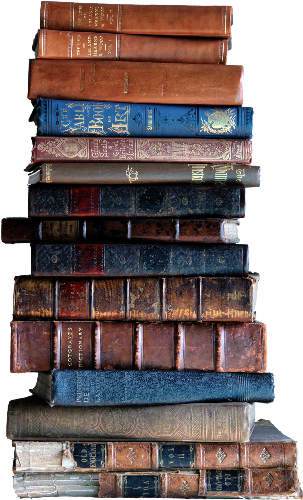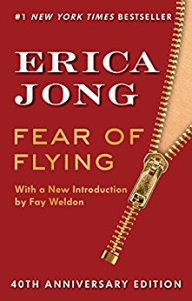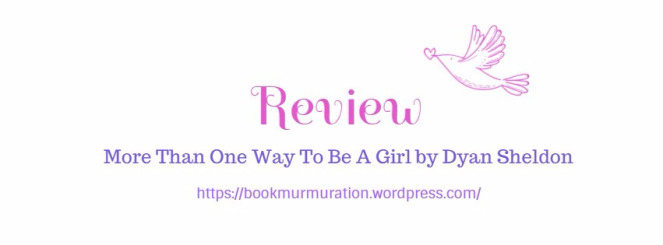 In his classic book, The Sacred and the Profane: The Nature of Religion (1959), Mircea Eliade suggested that humanity has always sought to designate physical locations as either sacred—to be held reverent and exceptional, to be approached with respect and awe—or secular depending on the type of experiences that have taken and are intended to take place there.
In his classic book, The Sacred and the Profane: The Nature of Religion (1959), Mircea Eliade suggested that humanity has always sought to designate physical locations as either sacred—to be held reverent and exceptional, to be approached with respect and awe—or secular depending on the type of experiences that have taken and are intended to take place there.
The perception of sacred space has often emphasized God’s intrusion into the human world, certainly Eliade thought so, but humanity creates it own “sacred space” with a qualitative difference between how one approaches it and how one interacts with the secular or, in Eliade’s parlance, “profane” space of everyday life that lacks special meaning. There is, Eliade observed, in sacred space “a strong, significant space; there are other spaces that are not sacred and so are without structure and consistency.” These other spaces, he argued, are “amorphous.”
At a fundamental level sacred space represented the location where the world of humanity meets the world of deity and the eternal. The temple in all religious traditions incorporates sacred space of the most sublime type. It might be viewed as a place where the vertical axis of communication between heaven and Earth meet, the spot where the traffic between two existences reach out to each other. As the biblical dictate stated: “Take heed that you do not offer your burnt offerings in any place that you see, but in the place which the Lord shall choose…there you shall offer your burnt offerings” (Deut. 12:13, NIV). Assignment of sacred stature to places, locations, and structures—both natural and human-built—has dominated the idea of sacred space throughout human history.
While Eliade was concerned exclusively with the overtly religious dimensions of sacred space in the realm of humanity, let me suggest that we may apply his ideas about sacred space to places “holy” in the context of American civil religion. Sociologist Robert Bellah in his 1967 article, “Civil Religion in America,” that Americans have accepted as a people a common set of principles, values, rituals, memories, holidays, and beliefs that as a society have special meaning. They reside parallel to, and in some cases instead of, more overtly religious ideals. He referred to this as American civil religion, a national and nationalistic perspective on the nature, meaning, and ideals of America.]
We see this is many ways in American history. For example, in Richard T. Hughes’ powerful recent book, Myths America Lives By (2003), he shows how the citizens of the United States have embraced a conception that they are part of a nation chosen of God, special among all others on the globe. One may appropriately question if such a special relationship exists, but the power of this longstanding belief for understanding the development of the United States is undeniable. It helps explain much about American actions on the world stage, about how its politicians act in crisis, and the peculiar moralisms that find expression in all types of issues in the public sphere.
It is no secret that the Puritan immigrants to America from England viewed themselves as God’s elect, but perhaps fewer understand that this sense of “chosen-ness” has found expression throughout the nation’s history. Citizens of the United States have long viewed this as a new “land of Canaan,” to use a religious conception, and found representation in the idea of a national covenant in which the inhabitants lived justly and were rewarded as a result. At it’s best, this value calls on Americans to shoulder responsibilities that reflected a high-minded national creed: “We hold these Truths to be self-evident, that all Men are created equal, that they are endowed by their Creator with certain unalienable Rights, that among these are Life, Liberty, and the Pursuit of Happiness.”
At the same time, these beliefs offer enormous negatives for the United States. High-minded morality has too often been used to justify high-handed political, economic, and diplomatic activities by the United States. For example, as discussed by historian Richard Hughes, it has led to misguided efforts by Americans “to export and impose its cultural and economics values throughout the world, regardless of the impact those policies might have on poor and dispossessed people in other parts of the world.”
This belief in “chosen-ness,” while it is uniquely untrue, is among the most powerful and persistent conceptions motivating American beliefs. It has its roots in Old Testament concepts and fosters the conclusion that the United States is exceptional not only because of its superpower status, its economic might, its military muscle, or its cultural expressions but also because of a special relationship with God. There is nothing new about this. The author of Deuteronomy recorded that God told the ancient Jewish people: “The Lord your God has chosen you out of all the people on the face of the earth to be his people, his treasured possession” (Deut. 7:6, NIV).
Americans appropriated this belief as a chosen people and it has motivated much of what has taken place throughout the history of the republic. From the Puritans of colonial New England with their “city on a hill” to the recent “mission” of George W. Bush and the neo-conservatives claiming that they are bringing democracy, capitalism, and liberty to Iraq and the remainder of the Middle East a belief that the U.S. has been blessed by God permeates the national character.
As historian Walter A. McDougall concludedin is book, Promised Land, Crusader State: The American Encounter with the World since 1776 (1997), Old Testament traditions “were coherent, mutually supportive, and reflective of our original image of America as a Promised Land.” Over time Americans absolutized the idea of divine chosen-ness. Neo-orthodox theologian H. Reinhold Niehbuhr concluded in 1927: “the old idea of American Christians as a chosen people who had been called to a special task was turned into the notion of a chosen nation especially favored…As the nineteenth century went on, the note of divine favoritism was increasingly sounded.”
During the Cold War those feelings of divine favoritism waxed and manifested themselves in myriad ways. Historian Richard Hofstadter remarked in The Progressive Historians (1968) that during the years of struggle with the Soviet Union Americans, seeing totalitarianism of all stripes, engaged in a broad rethinking of America and accepted “a revival of the old feeling that the United States is better and different.” As he explained, “the cold war brought a certain closing of the ranks, a disposition to stress common objectives, a revulsion from Marxism and its tendency to think of social conflict as carried à outrance.”
As a society we have adopted a civil religion that reveres the founders, venerates the Declaration of Independence and the Constitution, and emphasizes a consensus interpretation of our national past that celebrates the long tradition of shared American ideals and values while de-emphasizing conflict. Its proponents questioned the ideas and people who challenged those cherished principles, seeing in many of them strains of authoritarianism, anarchy, and narrow- and simple-mindedness of all varieties.
Broad efforts to control the telling of the past along a specific civil religion emphasis has sometimes manifested itself in discomfiting ways. While much of this language would place a “civics” spin on the teaching of American history—and could be largely innocuous—some go beyond that to emphasize a narrow presentation of historical facts and little latitude for interpretation.
We have seen of late renewed attempts to deal with these issues. Debates over curricula, the priority of using leftist interpretations of the past, and the exhibitry of contested themes in American history all speak to the ongoing issues to be adjudicated in the earlt twenty-first century. What will happen in these connections in the future. It is obvious that there are political forces motivated by ideology that are debating the nature of the United States and its future evolution. What will this debate mean for the study of the American past?
Share this:- More





